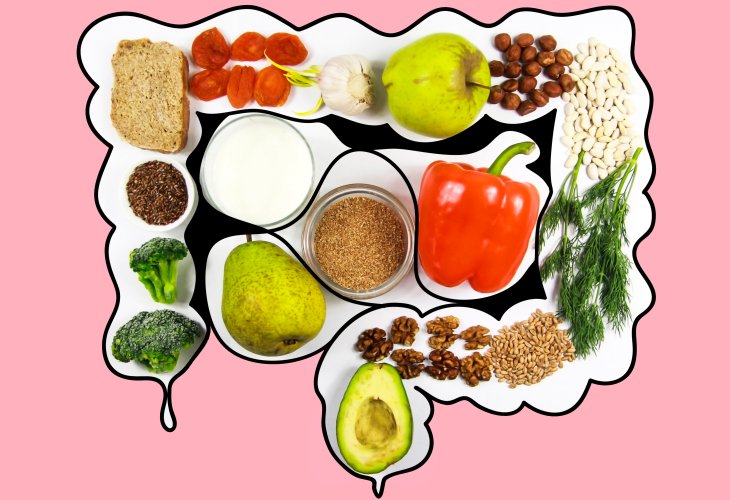Is Your Digestive System Trying to Tell You Something?
When eating becomes excessive or improper, our bodies struggle with waste overload. Nowadays, it's often referred to as 'irritable bowel syndrome,' a crucial message from our intestines.
 (Photo: Shutterstock)
(Photo: Shutterstock)The digestive system is key to maintaining a high quality of life and preventing disease development. This significance applies both physically and mentally. Our nervous system is largely focused in the gut. Serotonin, the hormone that influences mood and helps regulate anger and emotions, is produced in the intestines.
The digestive system is central and has a decisive impact on nourishing the body with quality nutrients to supply each organ with what it needs. It's always active. Even when we rest, it keeps functioning.
In addition to breaking down food and absorbing nutrients, the system collects waste that accumulates in the liver and ensures its excretion. If the drainage process stops, toxins build up, leading to diseases. Illness can be a way for the body to expel toxins and drain waste it cannot handle.
There will also be psychological effects if the system does not function properly, such as anger, negative energies, and developmental issues. How do we digest experiences and events encountered in daily life? Anger, sadness, and frustration can trigger a chemical reaction in the digestive system, causing gas and heartburn. Even an unsatisfying workplace can lead to thoughts that cause stomach cramps and spasms.
Negative emotions need to be released; otherwise, they turn into tension stored in the abdomen. If anger, stress, pressure, and frustration are constant daily companions, they become toxins.
During stress, enzyme production slows, and digestion doesn't work properly. Eating when angry, frustrated, or stressed can temporarily distract. When eating becomes excessive or inaccurate, the body can't handle the waste overload. Nowadays, it's called 'irritable bowel syndrome,' and it's a significant message from our intestines.
Sugar, pastries, sugary drinks, and processed foods strip the body of essential nutrients. The waste disposal process uses many good substances, and when the body finds it difficult to clear them, "unfriendly" bacteria multiply, exposing the intestines to harm.
Coffee causes intestinal cramps and disrupts gut bacteria balance. It also leads to calcium and magnesium loss and stimulates gastric juice secretions. When the digestive system is aroused by caffeine, we're not calm or focused on our emotions and ignore the body's signals.
Zohara Sharvit is an N.D. naturopath and iris diagnosis expert, with years of experience in therapy, consultation, and workshop facilitation. To book a free workshop, call 073-2221290

